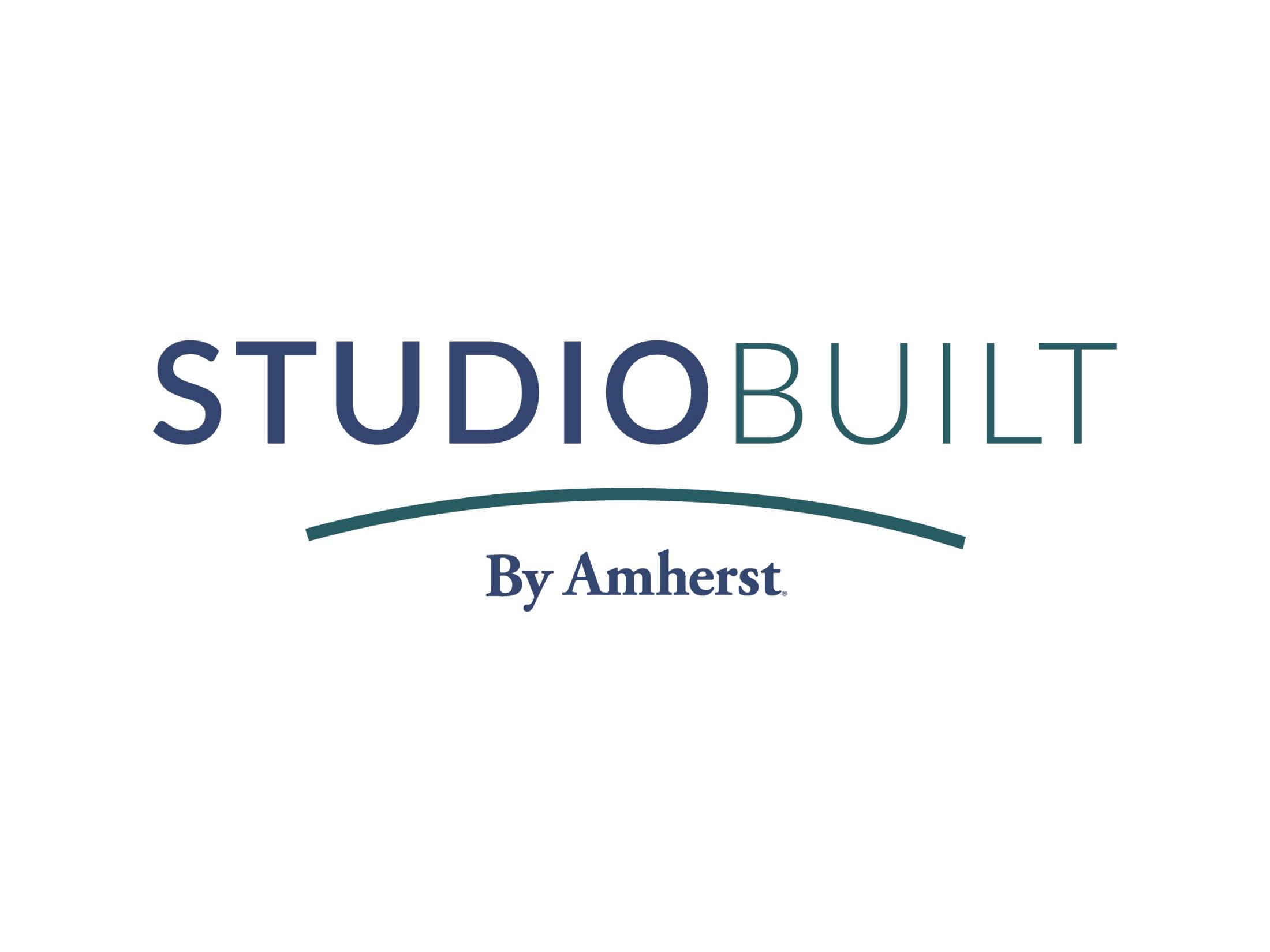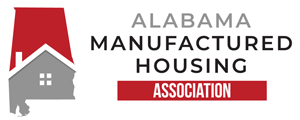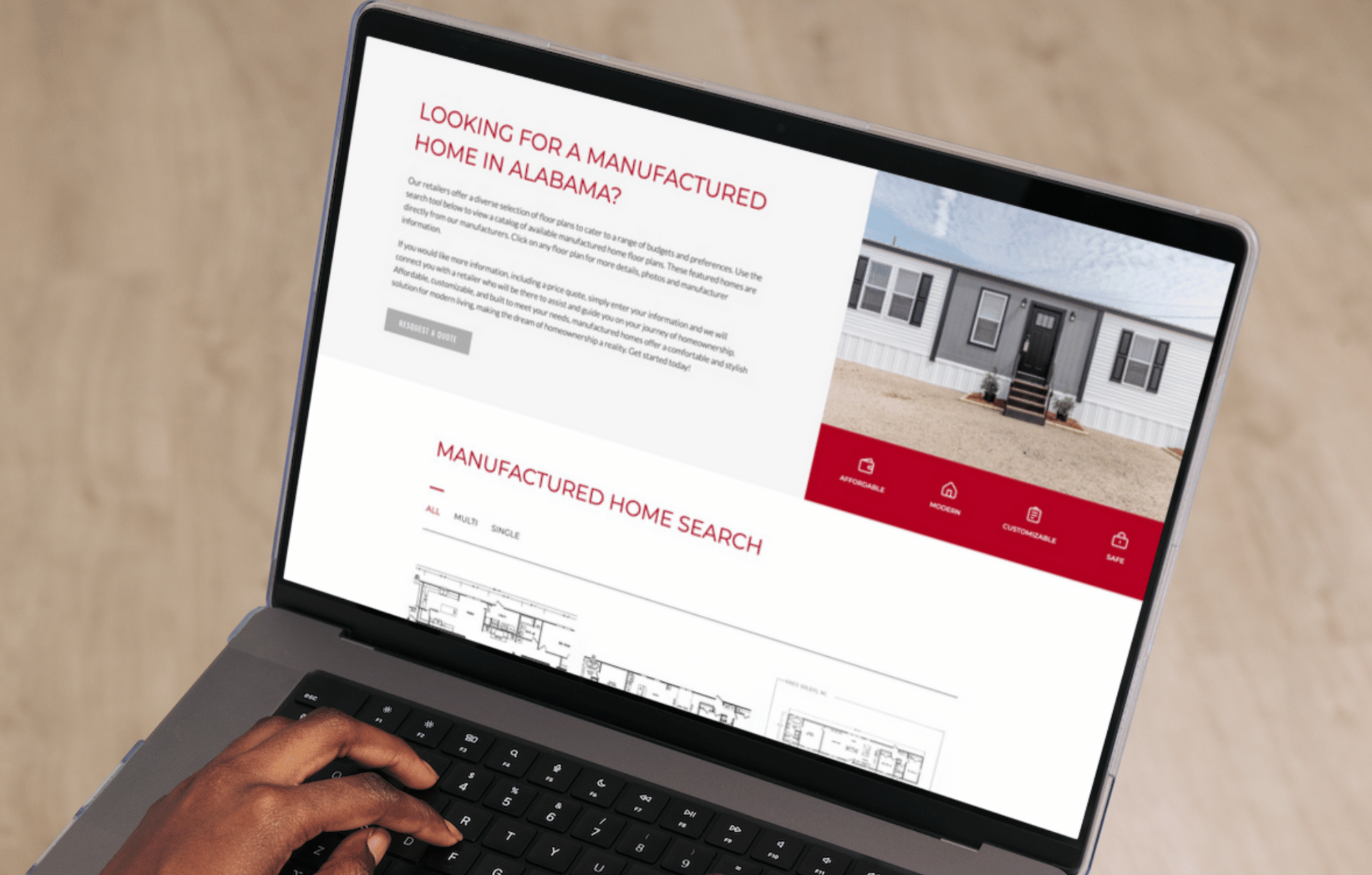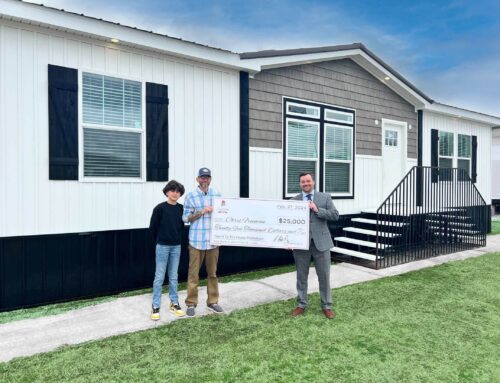
New Survey Finds 81% of U.S. Adults Would Live in Modular Housing as Alternative to Traditionally Built Homes
Source: StudioBuilt Homes LLC
Amherst’s survey shows that modular housing can contribute to bridging the supply/demand gap for single-family homes
AUSTIN, Texas, Oct. 8, 2024 — The ongoing lack of housing supply has Americans seeking alternative options according to a new survey from The Amherst Group (“Amherst“), a real estate investment, development and operating platform specializing in residential assets. Released today, the survey of 1,000 U.S. adults highlighting opinions on modular housing, defined as traditional homes that are precision-built offsite and placed on a permanent foundation, shows that almost all respondents (90%) find something appealing about these homes.
Americans are excited about modular homes, whether that means living in one themselves or seeing more built in their neighborhoods: four out of five respondents (or 81%) would live in a modular home, and over 70% are interested in seeing more alternative types of housing in their neighborhood.
“While the offsite construction process has been around for decades, it has yet to be adopted as a mainstream way to generate high-quality housing supply at scale. As a result, homebuilding remains overdue for disruption and innovation. Amid ongoing supply constraints in the U.S., we think modular construction is an important part of the solution,” said Sean Dobson Chairman, CEO and CIO of Amherst. “We are encouraged to see from this data that the majority of Americans welcome the idea of living in a modular home, especially as they continue to value the quality and durability of their home in addition to its impact on the environment,” he added.
Modular Misperceptions
The data shows that while there are misperceptions about what modular housing is – 44% of those surveyed think a modular home is a mobile or manufactured home, installed on a temporary foundation – more than two-thirds of Americans are somewhat or very familiar with modular homes.
Agility & Precision at The Heart of Modular
The appeal of modular homes to Americans, most notably construction time and precision, is driven by the controlled building environment. Nearly two-thirds (65%) of respondents find faster construction time appealing, and a majority (56%) of Americans are impressed by the flexibility of exterior and interior designs. 41% believe more inspections and precision tool technology leads to better quality homes.
Gen Z Stays Green
Gen Z was the generation most likely to highlight minimal waste production during the construction process as a reason to live in a modular home, with 43% of Gen Z respondents identifying it as a positive factor. The modular housing construction process results in a circular economy that reuses and recycles materials, reducing waste by 40% while also reducing carbon emissions and solid waste to the landfill.
More Housing, More Types
When it comes to finding a solution to the national housing shortage and enabling access to good neighborhoods, the majority of Americans are on board. 71% of Americans surveyed are interested in seeing more types of housing in their neighborhoods, and nearly 60% of respondents don’t care how a home is built as long as it is high quality, at an affordable price point and in a desirable location.
Joe Butler Head of StudioBuilt at Amherst said: “Modular homes are traditional, precision-built homes that are constructed offsite, and while there are misperceptions as to exactly what a modular home is, one message is clear, consumers expect high-quality, individualized housing options and desire more efficiency and control when it comes to the construction process. The StudioBuilt division at Amherst, where we construct homes at our studio in Cuero, Texas, gives us the ability to meet this demand quickly and create new housing supply at scale without sacrificing quality.”
StudioBuilt homes are installed on a permanent foundation and meet the same building requirements as traditional site-built homes, with an even more rigorous 140-point inspection process. By removing barriers like weather, trade delays, and supply chain issues, these homes can be built and installed in as little as 90 days, with better quality controls during the construction process, in addition to being more sustainable.
Methodology
This survey was conducted by Wakefield Research (www.wakefieldresearch.com) among 1,000 Nationally Representative adults ages 18+, between July 30th and August 1st, 2024, using an email invitation and an online survey. Data has been weighted to ensure an accurate representation of nationally representative U.S. adults ages 18+.
About Amherst
The Amherst Group (“Amherst“) is a diversified data-driven investment management platform at the crossroads of global capital markets and U.S. real estate, offering strategies up and down the real estate capital stack. Amherst manages $18.6 billion* of AUM deployed across real estate equity and debt strategies in single-family rental (SFR), commercial real estate (CRE), and mortgage-backed securities (MBS). Today, Amherst has more than 1,000 global personnel working to create value and provide an excellent experience for the investors, residents, and the communities it serves. To learn more, visit Amherst.com.
*As of June 30, 2024
Media Contact
pro-amherst@prosek.com







